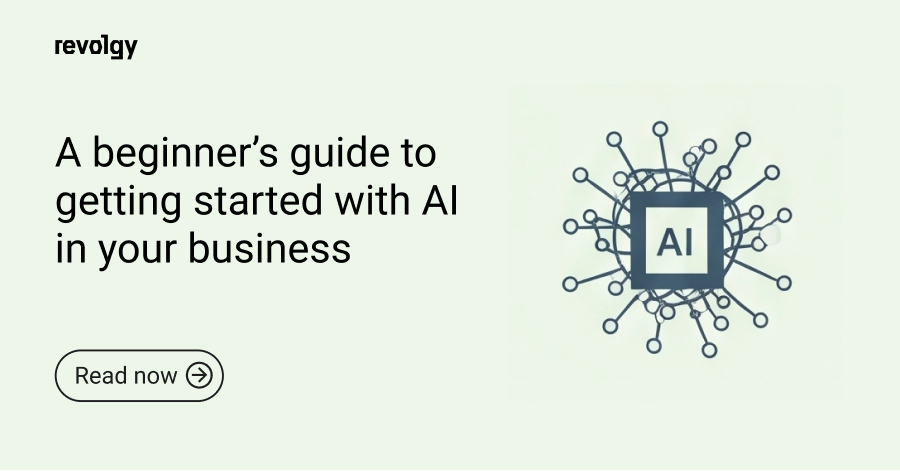GCP, AI
Meta signs a 10 billion dollar AI deal with Google Cloud
Two long-time rivals, Meta and Google, just signed a very large cloud deal. Meta will spend more than 10 billion dollars over six years on Google Cloud to run its upcoming AI projects. This is more than just a standard customer contract. It shows how much computing power large AI projects need and how even direct competitors sometimes work together to get enough capacity.
Below, we explain the deal, why Meta is buying capacity from a competitor while it builds its own data centers, and what makes Google Cloud’s AI stack attractive to Meta. We also look at how this deal changes the cloud market and helps Google Cloud compete more directly with AWS and Microsoft Azure.
Meta and Google’s 10 billion dollar AI agreement
Meta has signed one of Google Cloud’s largest contracts to date. It is a six-year agreement worth more than 10 billion dollars. Meta gets access to Google’s infrastructure at scale, including data center servers, storage, and networking services.
What’s interesting is that Meta and Google are direct competitors in digital ads and also compete in areas like virtual reality. However, the amount of compute needed for today’s AI is pushing competitors towards working together.
Also, Meta is not spending the 10 billion dollars lightly. It needs far more compute than it can build on its own right now, and it needs it rather quickly. The company has a long-term plan to lead in AI, and that plan requires immediate access to high-performance infrastructure.
The ambitious goal of “superintelligence”
Meta’s CEO Mark Zuckerberg has talked about building “superintelligence,” AI systems that can perform better than humans across a wide range of tasks. Training those kinds of models takes an enormous amount of computing power, and it’s a major reason Meta is turning to outside partners like Google to get the capacity it needs.
Meta is following a two-track plan. It is renting computing power from Google Cloud for the work it needs to do right now. At the same time, it is building new data centers of its own, but that will take years.
Meta’s roadmap includes very large data center campuses. Two key sites are Prometheus in Ohio, planned to be operational in 2026, and the even larger Hyperion project in Louisiana. These facilities are being custom-built to support the unique power and cooling demands of future AI systems.
Meta has raised its 2025 annual capital expenditure guidance to between $66 billion and $72 billion, with most of that going to AI infrastructure. To help fund this, it is also seeking partners and offloading $2 billion in existing data center assets, then putting that available capital back into AI.
Why Google Cloud’s AI setup won the bid
Meta chose Google Cloud for specific technical reasons. While other providers often use third-party chips and general-purpose systems, Google designed its platform specifically for AI.
At the core of Google’s AI stack are its custom-designed Tensor Processing Units (TPUs), which are made specifically for machine learning. TPUs can offer strong performance and efficiency on AI tasks compared with general-purpose hardware. This has drawn leading AI teams, with firms like OpenAI and Apple also turning to Google’s infrastructure to support AI development.
How Vertex AI helps
On top of the hardware is Google’s Vertex AI, a set of tools that simplify and speed up the machine learning lifecycle. It also connects well with developer workflows. Google has integrated versions of Meta’s open-source Llama models into Vertex AI, so teams can use them directly from the platform. That likely influenced the decision, too.
What this means for the cloud market
This deal is about more than money. It makes Google Cloud stronger and shows big tech both competes and teams up in AI.
Signing Meta is an important step for Google Cloud and supports its long-term plan to build AI-focused infrastructure. It follows other high-profile AI agreements and suggests a pattern. Companies building advanced AI are choosing Google for its specific strengths.
Challenging AWS and Microsoft Azure
Google Cloud is still third by overall market share, but this agreement improves its position against AWS and Microsoft Azure. In Q2 2025, Google Cloud reported 13.6 billion dollars in revenue, up 32 percent year over year, outpacing the growth rates of its main rivals.
Along with wins with AI-focused customers, its market share has recently grown from 8.2 percent to 9 percent.
A clear theme here is “co-opetition,” where rivals work together in one area so they can compete better in another. AI infrastructure is expensive and complex, and scale often matters more than rivalry. The Meta–Google deal shows big tech firms sometimes work together. Deals like this are changing how the cloud market works.
If you’re considering Google Cloud for AI, look closely at capacity, hardware, and tools. Check capacity in your target regions, decide on chips (TPUs or GPUs), and review platform tools like Vertex AI.
Revolgy can help plan the architecture, run hands-on Gemini training, or build small, safe AI pilots that fit your workflows. Get in touch for a free consultation.



